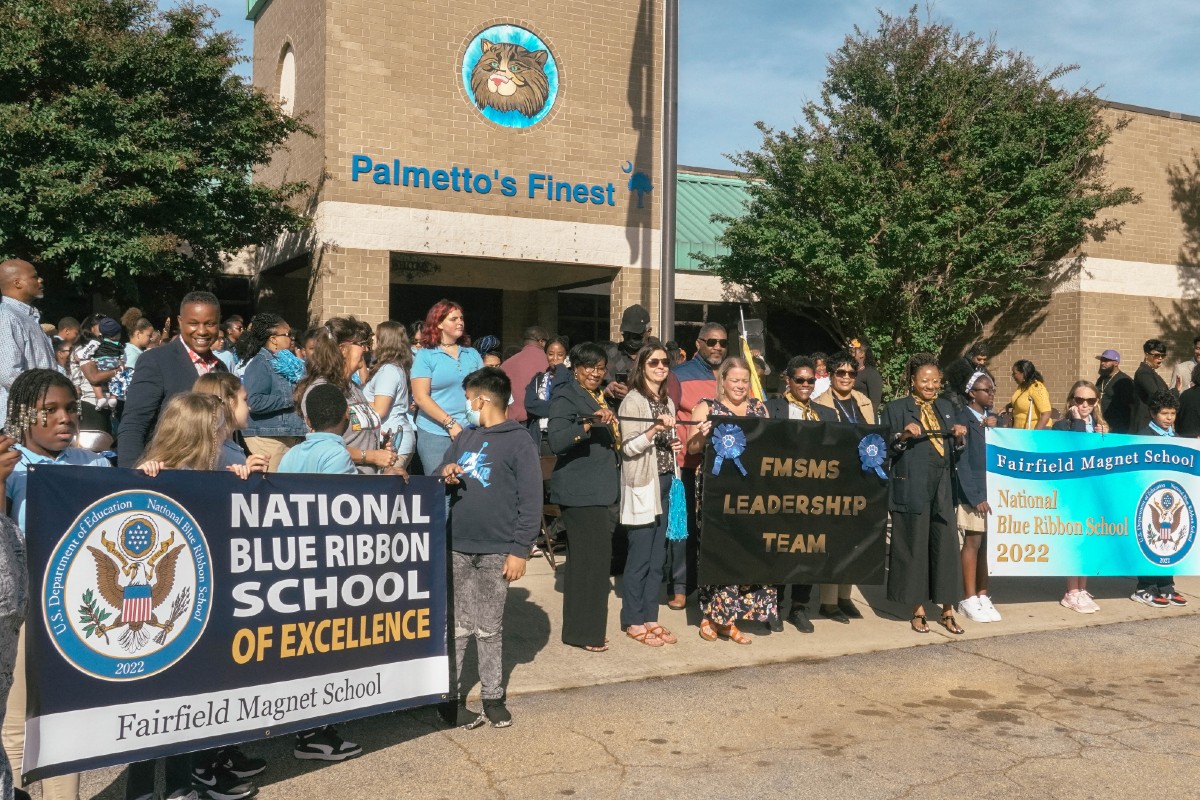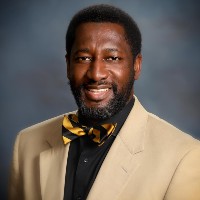
By Dr. J.R. Green, Fairfield County superintendent | The South Carolina Senate recently passed S.39, a controversial voucher legislation that proposes to provide parents up to $6,000 per year of state money to attend a private school.

At full implementation by year three, the voucher program will cost approximately $90 million per year. Proponents of the legislation suggest that school vouchers empower parents to select the school that best fits the needs of their children. But does this legislation actually empower parents or private schools that will ultimately benefit from the infusion of state revenue?
The undisputed fact is that S.39 will provide private schools with state revenue, yet allow those same private schools to pick and choose the students they elect to serve. In essence, we are providing private schools with public money – without a commitment to serving the public student.
I respect any parent’s right to choose the educational option they see is best for their child. However, receiving public funding should obligate these institutions to serve all public school students, just as public schools are required to do. Private schools who receive this funding should not be allowed to deny students because they are exceptional education students, failed to meet qualifying scores on entrance exams, level of parent participation, etc. All students who request admission should be accepted.
Amendments were offered during the debate of S.39 that would ban discrimination based on religion or disability. Those amendments were rejected and as a result would allow a private school receiving state revenue to deny a student because of an intellectual disability or physical handicap.
This is the current reality for private schools in South Carolina, and I respect their right to restrict enrollment, as long as the school is being funded with private money. However, the acceptance of state money must require a different standard. During the Senate subcommittee hearing debating the voucher legislation last year, I shared the published admission criteria for a local private school. The school clearly outlined the following:
- Does not provide a program of study and support for students with learning disability, an IEP, or 504 plan.
- Married students, pregnant students and or biological parents will not be allowed to attend.
- Reserves the right to reject any application for admission or employment and further reserves the right to terminate any association with students if it determines that such association is incompatible with the aims and purpose of the school
This clearly represents private school “choice” not parental “choice.”
Finally, since the Education Accountability Act of 1998, the General Assembly has touted the benefits and necessity to administer yearly assessments to public school students. These assessments have been advertised as the key to improving education outcomes in South Carolina, and essential to ensuring the public can readily measure the return on the education investment.
I’m perplexed as to why the private schools that would receive public funding would not participate in the same system of accountability? Why would these schools not be required to administer the same state assessments, and publish their data just as public schools are required to do? If this system of accountability is necessary and appropriate for public schools, it should be necessary and appropriate for private schools accepting public funding.
Although I think the legislation is unconstitutional and represents little value to improving student outcomes, if the South Carolina General Assembly is committed to making school vouchers a reality, these schools must be accessible to all students, and accountable to the public just as public schools. Let participating schools open up their doors to all students, administer and publish the same assessments as public schools, and let the chips fall as they may.
Dr. J.R. Green is superintendent of Fairfield County Schools.















 We Can Do Better, South Carolina!
We Can Do Better, South Carolina!
What an act of folly by the SC legislatures! It is not about school choice at all nor is it about improving education in the State of South Carolina. It is about giving public money to private schools that will still be allowed to screen and accept only the students they would like to serve, while public schools in South Carolina will not be adequately funded. Public education will not be improved by this act. Our students and parents deserve better.
Amen!